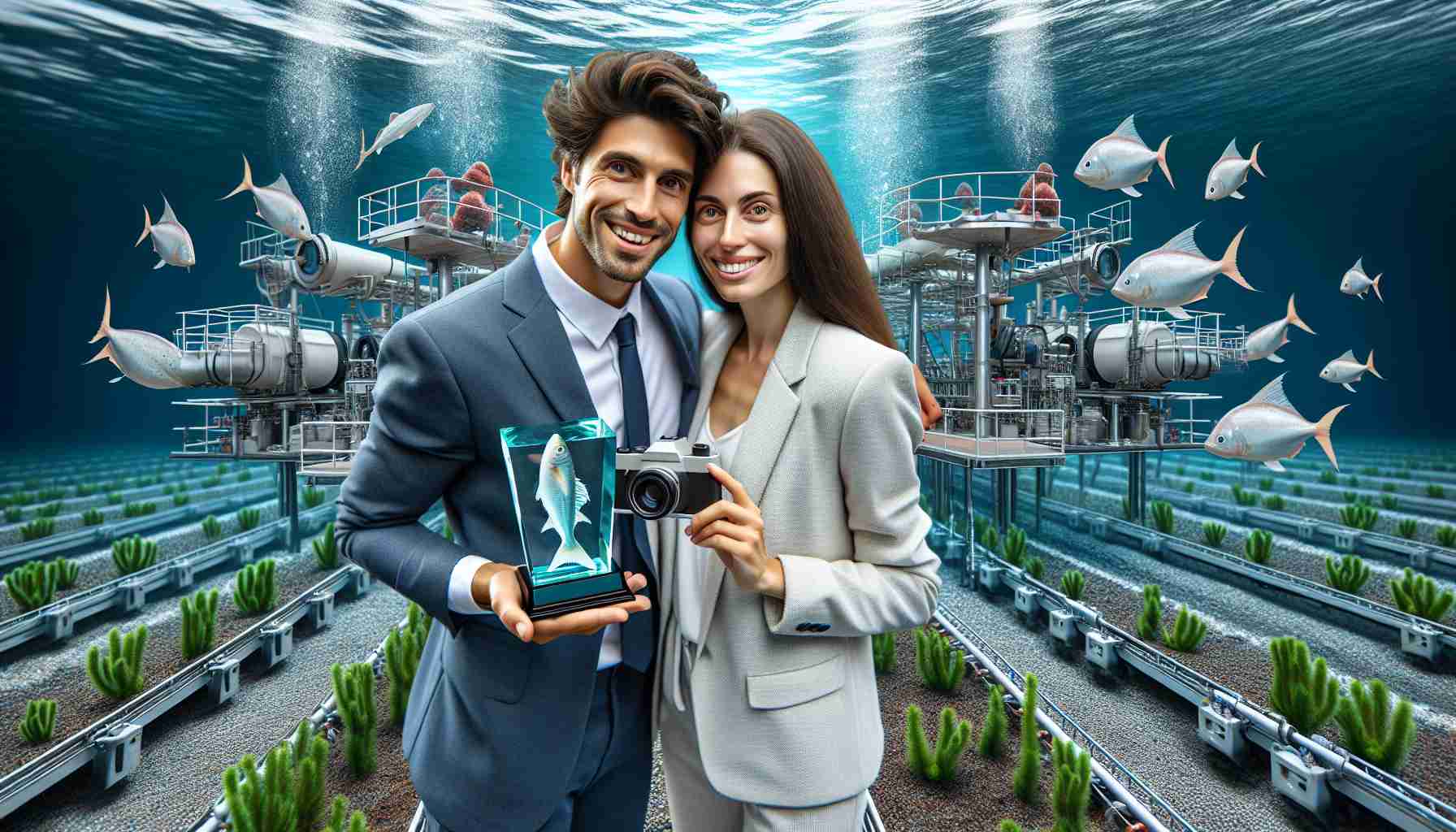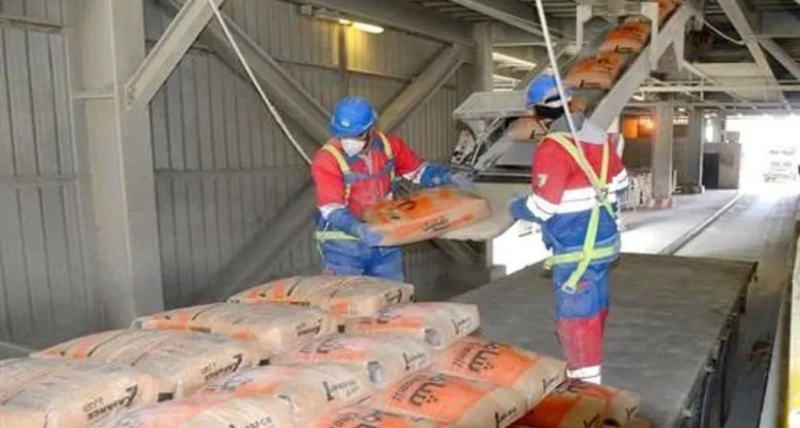Sarah Chen, a rising star in the field of sustainable aquaculture, was honored with a prestigious industry award. Recently, she received the Excellence in Sustainable Aquaculture Award at the International Aquatic Symposium held in Vancouver, Canada. This award recognizes individuals under 30 who have demonstrated exceptional dedication to promoting sustainable practices in the aquaculture sector.
Chen, originally from Vancouver, discovered her passion for marine conservation at a young age and has since devoted her career to making a positive impact on the industry. She began her journey as a research assistant at a local marine institute before joining a major aquaculture company, where she played a key role in implementing environmentally friendly farming techniques.
Reflecting on her achievements, Chen expressed gratitude for the recognition of her efforts to drive positive change within the industry. « I believe that sustainable aquaculture is not just a choice, but a responsibility we all share to protect our oceans and future generations, » she said during the award ceremony.
Her supervisor, Dr. Elizabeth Wong, praised Chen for her innovative approach and unwavering commitment to sustainability. « Sarah’s passion for environmental conservation and her groundbreaking solutions have had a significant impact on our operations. She is a true inspiration to her peers and a catalyst for positive change within the aquaculture community, » commented Dr. Wong.
Additional Relevant Facts:
- Sustainable aquaculture is gaining global attention as a crucial solution to meet the growing demand for seafood while minimizing environmental impact.
- Aquaculture practices vary widely depending on the species cultured, location, and management techniques.
- Sustainable aquaculture focuses on reducing reliance on wild fish for feed, minimizing waste production, and promoting responsible farming practices.
- Technological innovations in aquaculture, such as closed-loop aquaculture systems and integrated multitrophic aquaculture, contribute to improving industry sustainability.
Key Questions:
- What are the main sustainable practices implemented in aquaculture?
- How does sustainable aquaculture contribute to environmental conservation?
- What are the challenges facing the aquaculture industry in achieving its sustainability goals?
Key Challenges and Controversies:
- Balancing economic viability with sustainability goals can be challenging for aquaculture operations.
- Pollution from aquaculture facilities and disease spread to wild fish populations are significant concerns.
- Disputes regarding the use of chemicals, antibiotics, and genetically modified organisms in aquaculture feed can spark controversies.
Advantages and Disadvantages of Sustainable Aquaculture:
Advantages:
- Promotes responsible seafood production and reduces pressure on overexploited wild populations.
- Supports local economies by creating jobs and enhancing food security.
- Helps protect marine ecosystems by minimizing habitat destruction and pollution.
Disadvantages:
- Initial investment costs for transitioning to sustainable practices can be high.
- Regulatory compliance and monitoring challenges may hinder progress toward sustainability goals.
- Market perception and consumer education play a crucial role in the success of sustainable aquaculture initiatives.
- Source: smartphonemagazine




